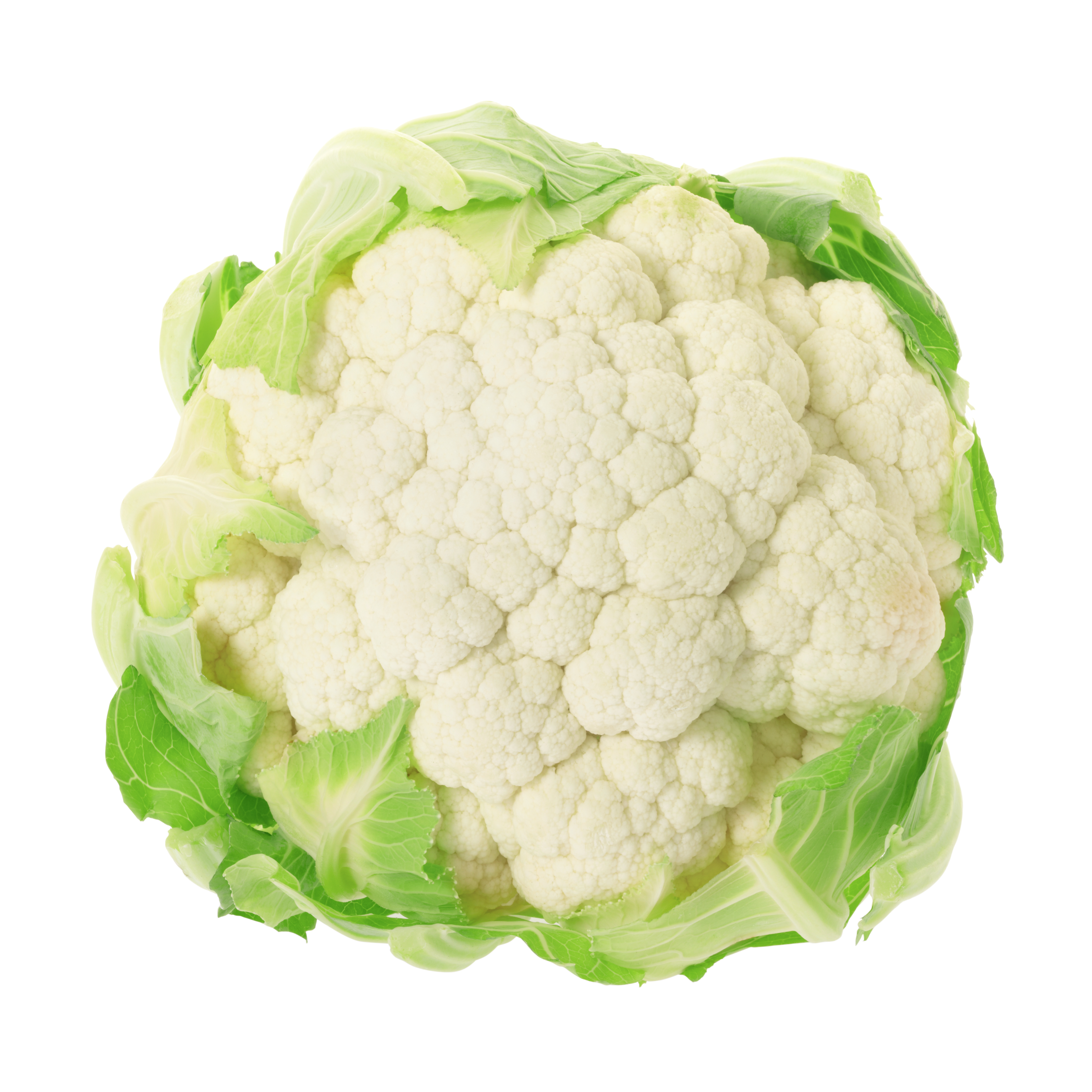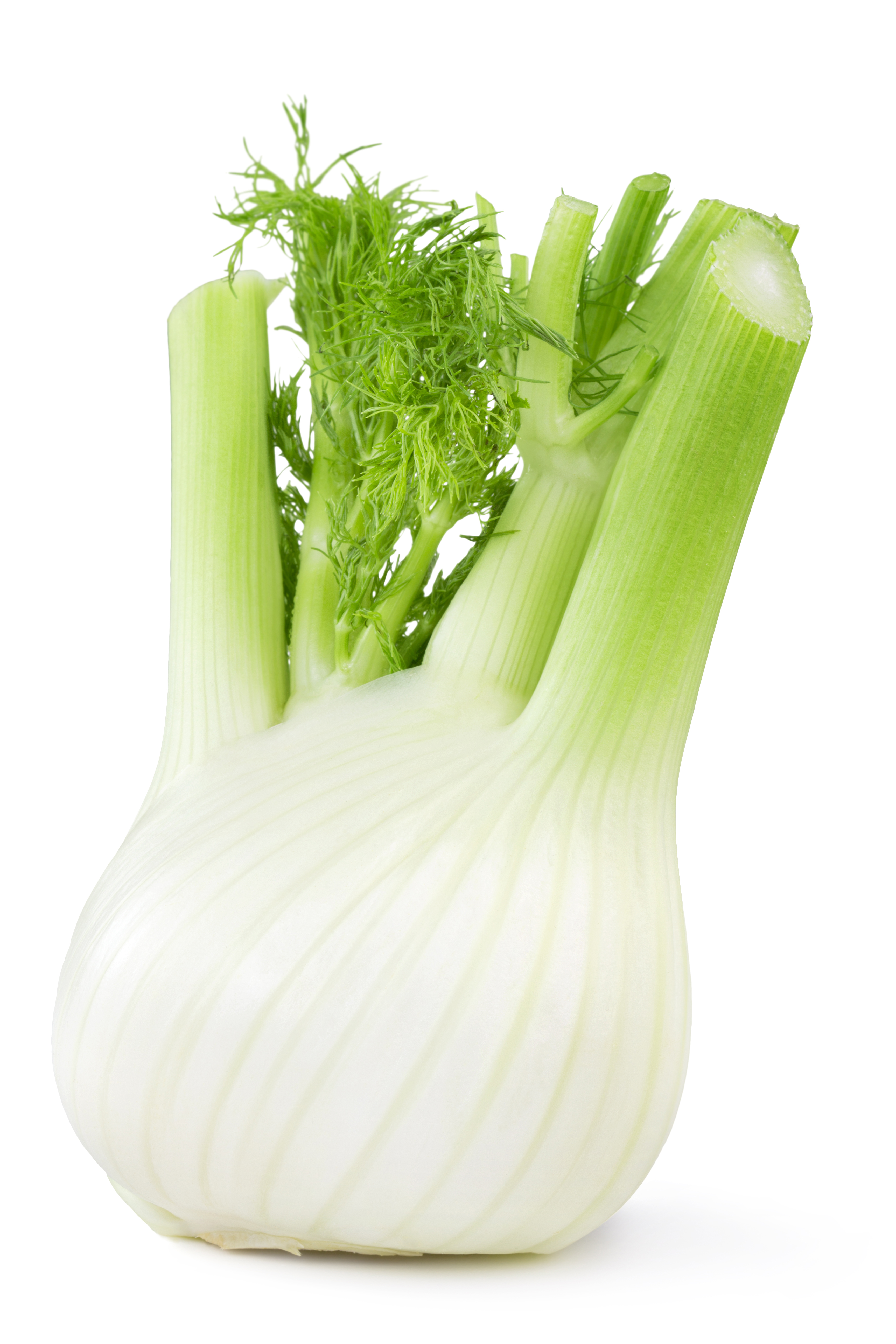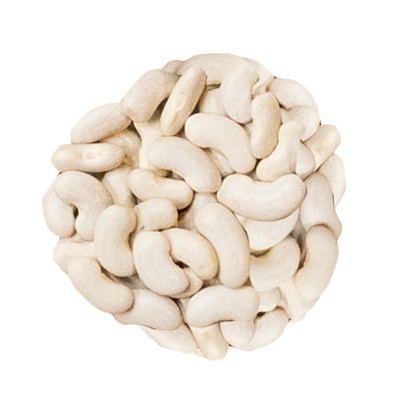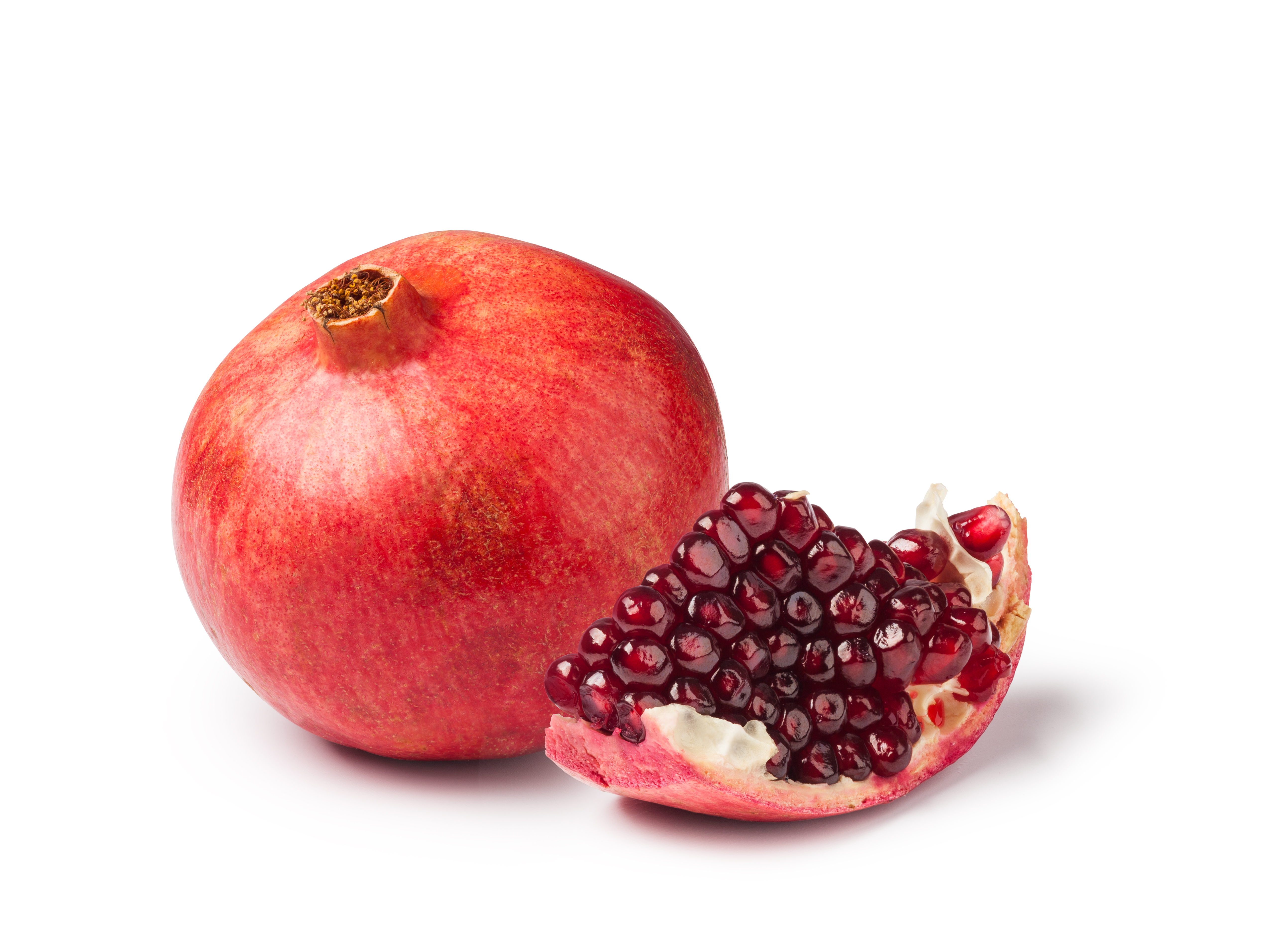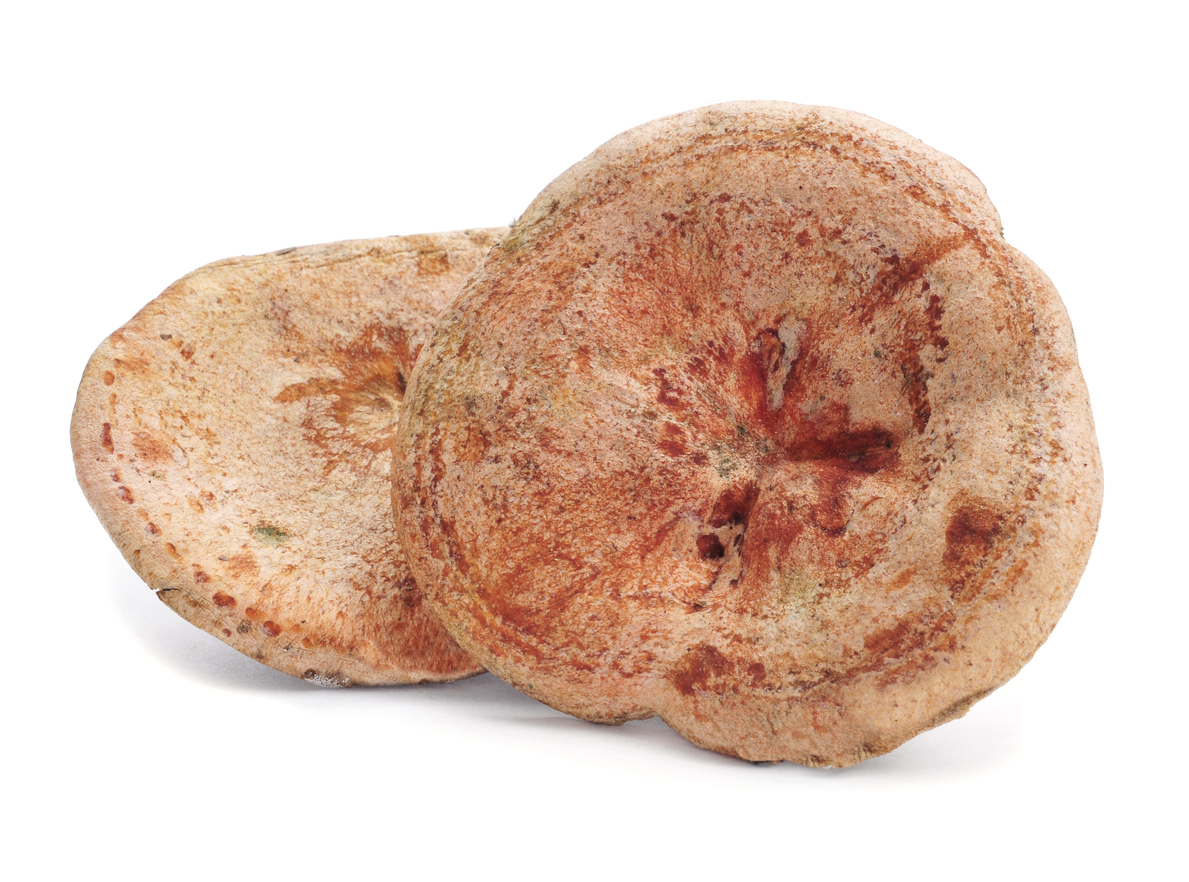Sweet potato
Sweet potatoes are root vegetables that, like chestnuts, are associated with autumn. Originally from Central America, when the sweet potato arrived in Europe it spread rapidly all over the continent.
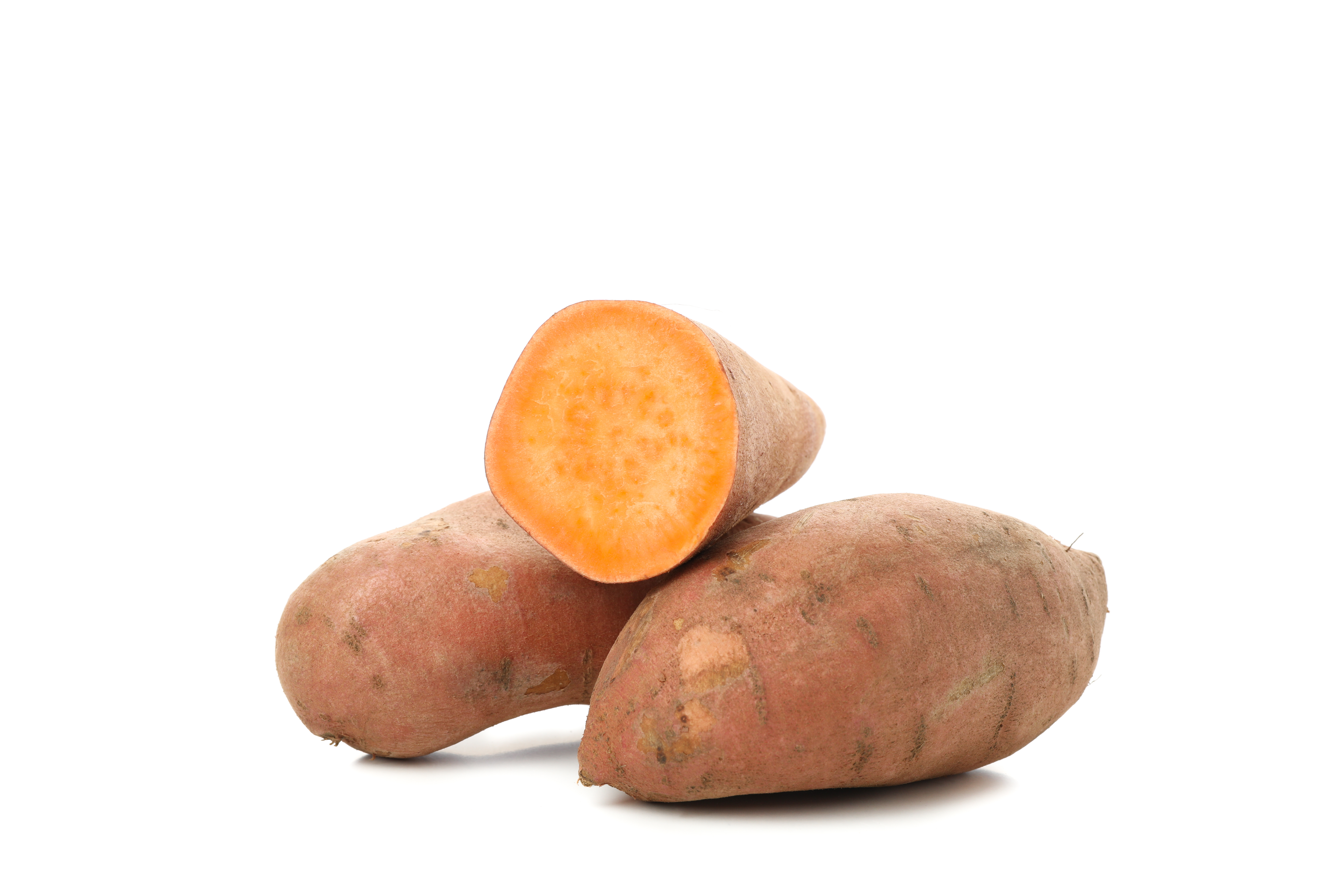
-
It’s a sweet tuber as the name suggests, and is rich in sugars and carbohydrates. As well as being fat-free, it contains high levels of methionine, an essential protein for human beings, and one that is rarely found in vegetables.
Sweet potatoes have greater nutritional value than regular potatoes, and they help to regulate the digestive system, to protect the skin, and to detox the liver.
-
Like regular potatoes, if not cooked properly sweet potatoes can be indigestible, and something else they have in common with regular potatoes is their versatility - they go really well with all sorts of foods: fish, meat, legumes, salads, etc.
-
They can be kept for a long time, but must be well-cooked before you eat them. One of the best way of preparing them is baked in the oven in their jackets, split in half with butter, salt and pepper - this makes for a nice crisp skin.
If you have some leftover sweet potatoes and are worried they might spoil, you could always mash them, sieve them to get rid of the fibres and add them to the mix for a sponge cake or a crème caramel.



